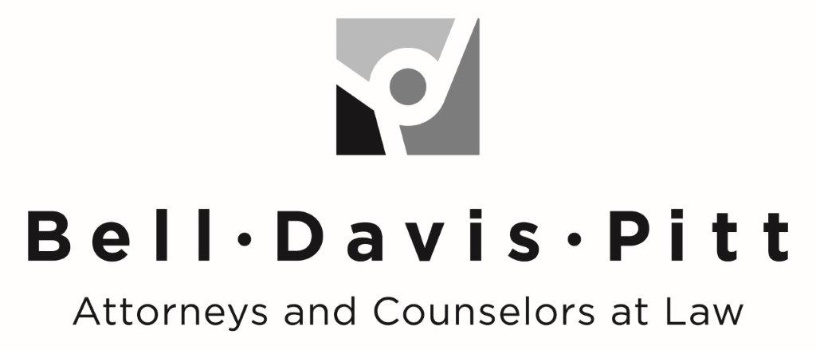Navigating the guardianship process in North Carolina can be tricky and time consuming. Our article on Frequently Asked Questions about North Carolina Guardianship details common concerns about the guardianship process in North Carolina. Calling an attorney can be particularly helpful in the following circumstances:
Defending Against A Determination of Incompetence
The alleged incompetent person, against whom a guardianship is commenced, is commonly referred to as the Respondent. You should consult with an attorney if you are the Respondent and wish to oppose a determination of incompetence and/or the appointment of a guardian over you. An attorney can advocate for your interests because once determined incompetent, you could lose a substantial amount of your rights and autonomy, including the rights to drive, decide where you live, make healthcare choices, and access and control your finances.
Contested Guardianship Hearings
Whoever is appointed guardian is given broad powers and authority over the Respondent. If you're a family member or close personal friend of the alleged incompetent person and disagree about who is best suited to serve as the guardian, you should call an attorney to discuss your concerns. An attorney can help you evaluate the unique circumstances in your case and predict the likelihood that you or someone else will be appointed as guardian for the Respondent. An attorney can also ensure that evidence relevant to whom would be the best guardian is properly presented to the court.
Seeking Restoration of Competence
A person who has previously been declared incompetent can, under certain circumstances, seek to be restored to competence. An attorney can help gather evidence needed to regain legal competence and guide you through legal proceedings.
Unless everyone who is interested in the outcome of a guardianship is in complete agreement, it is a good idea to consult with an attorney.





0 Comments